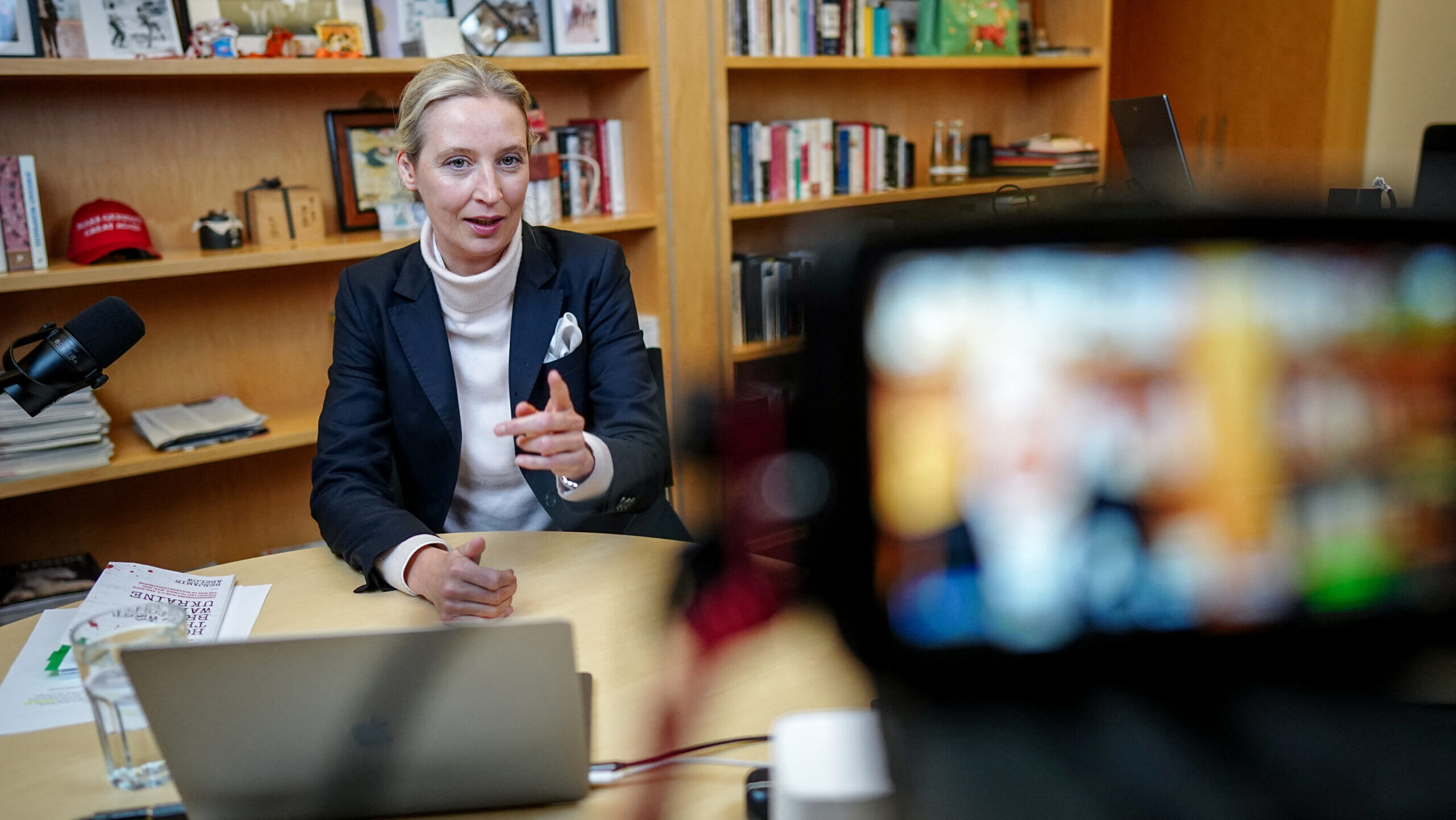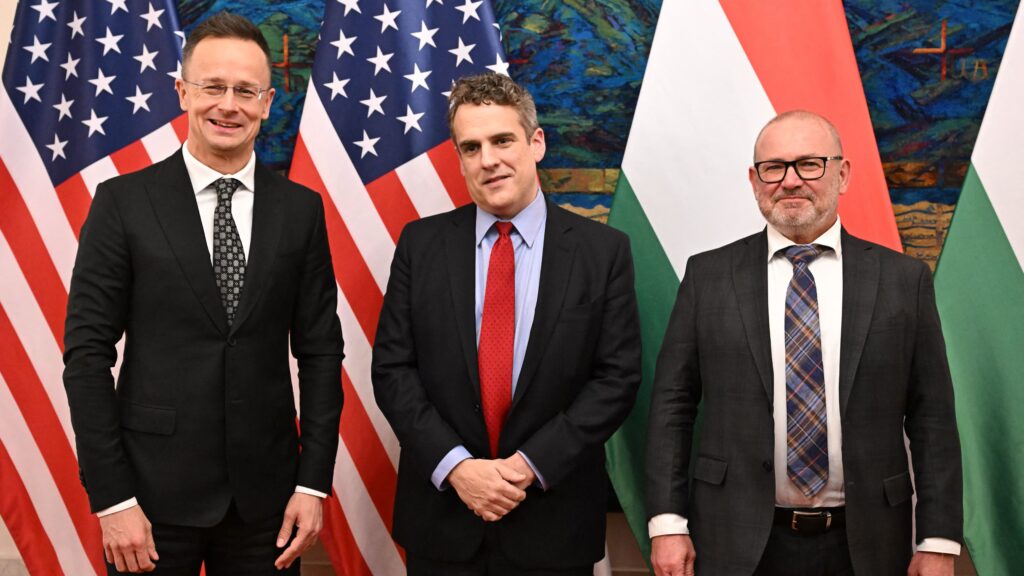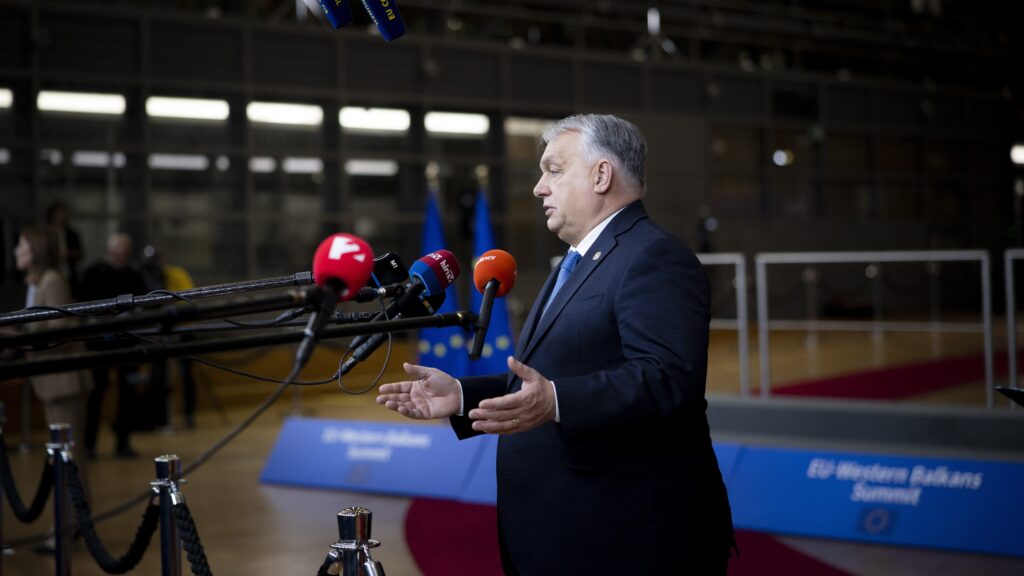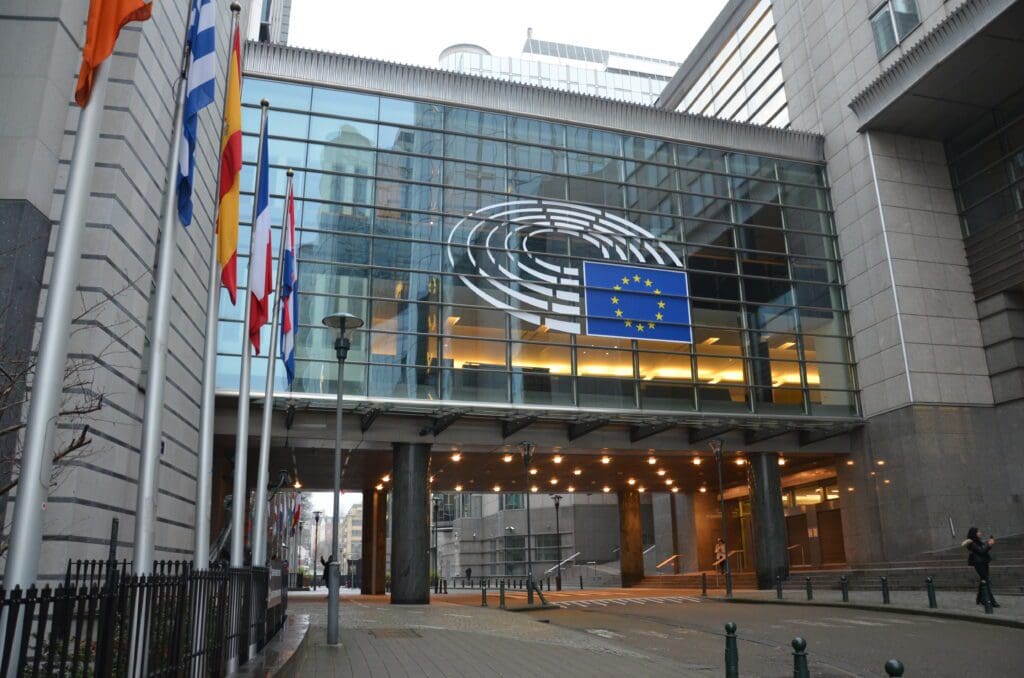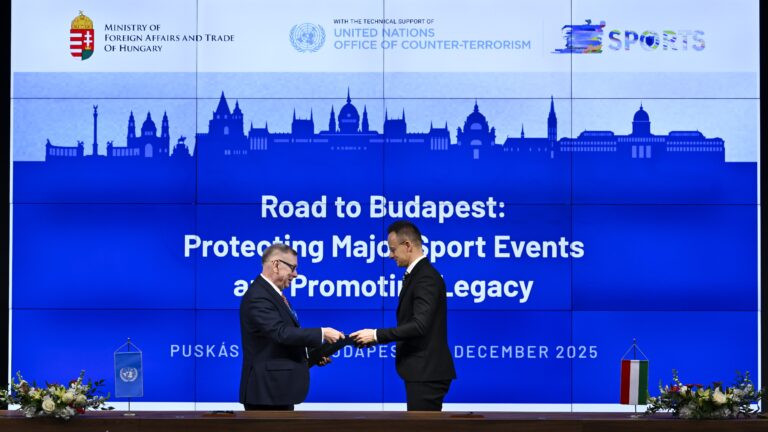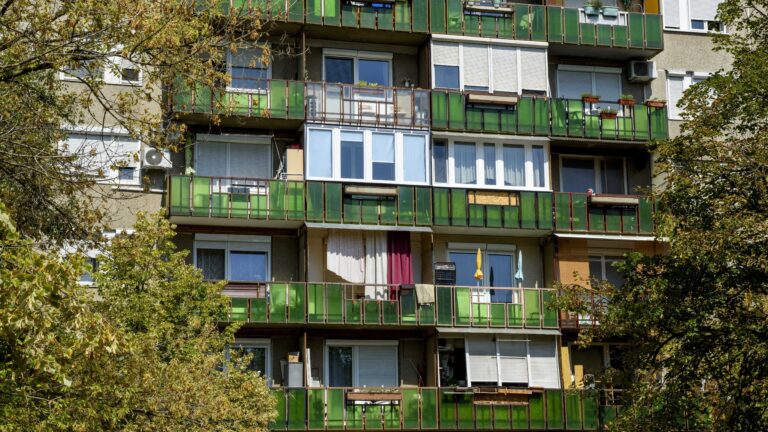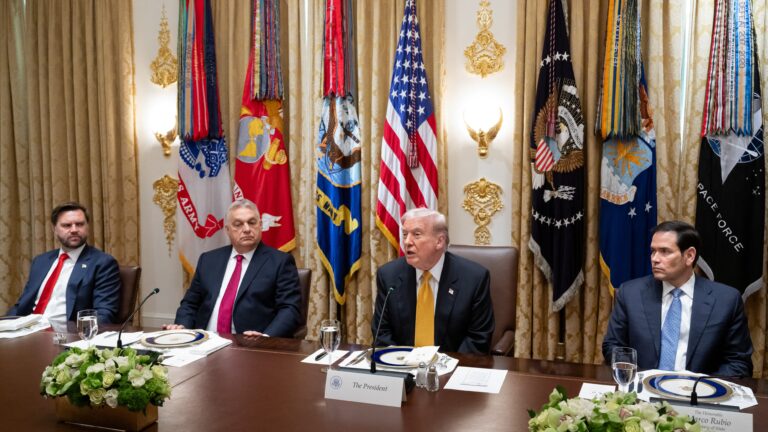On Thursday, 9 January, defying the threats and criticism from the progressive elites in Western Europe, American billionaire and the world’s richest man, Elon Musk, hosted Alice Weidel, co-chair of Germany’s right-wing Alternative für Deutschland (AfD), for an hour-long discussion on his platform. The interview, broadcast live on X, has already garnered over 4 million views.
During the conversation, Weidel and Musk addressed topics such as illegal migration, antisemitism in Germany, foreign policy, and accusations linking her party to Nazi ideology. Regarding the latter, Weidel asserted that antisemitism is increasingly prevalent on the left of Europe’s political spectrum, claiming that in Germany, the AfD is ‘the only protector of the Jewish people.’
Weidel also expressed hope that, following Donald Trump’s inauguration, the warring parties in Ukraine might finally come to the negotiating table for peace talks. ‘This is also my hope in Donald Trump and in you, in your administration, that you end that terrible war,’ she said. Musk responded that, while he could not speak for Trump, there was a ‘path here to resolution.’
‘AfD is “the only protector of the Jewish people”’
The two also discussed the legacy of Angela Merkel, Germany’s former chancellor, who, according to Weidel, played a significant role in flooding Europe with migrants from the Middle East and other crisis-hit regions. Weidel described Merkel as ‘the first Green Chancellor of Germany’ and accused her of ruining the country. She also criticized Merkel’s nuclear phase-out policy and the transition to renewable energy, calling it disastrous for Germany.
At the end of the interview, Musk voiced his support for Weidel and the AfD, stating: ‘People really need to get behind the AfD. Otherwise, things are going to get very, very much worse in Germany.’ He further remarked: ‘Alice Weidel is a very reasonable person, and hopefully people can tell just from this conversation—nothing outrageous has been proposed, just common sense.’
Watch the full conversation below:
Elon Musk on X (formerly Twitter): "Discussion with @Alice_Weidel https://t.co/j6oWRjv4A7 / X"
Discussion with @Alice_Weidel https://t.co/j6oWRjv4A7
As expected, the Western European political and media mainstream, which has previously accused Musk of election interference, intensified its criticism and attacks against the owner of X, Tesla, and SpaceX following the interview. According to The Washington Post, the German Bundestag’s lower house is currently investigating whether the Musk–Weidel discussion could be classified as an illegal party donation. Under Germany’s Political Parties Act, party donations include third-party advertising, and the law prohibits party donations from outside the European Union. Progressives argue that Musk providing a platform to the AfD could ‘reasonably be considered political advertising,’ since ‘the X platform normally sells such reach for a lot of money.’ Let that sink in.
Before the discussion took place, Musk claimed on X that the EU had attempted to prevent him from conducting the interview, just as it did in August when the billionaire hosted a similar online discussion with then-Republican presidential candidate Donald Trump. During the summer, Thierry Breton, former European Commissioner for Internal Market, who oversaw major EU legislation regulating big tech, reportedly pressured Musk not to interview Trump. A similar situation arose ahead of Musk’s interview with Alice Weidel—Breton effectively sent a warning in social media to Weidel.
However, Breton accused Musk of ‘lying like hell’ regarding his claims of alleged EU censorship—a topic widely discussed during the conversation between Weidel and the US billionaire. ‘He is lying like hell. Nobody tried to stop him from having a conversation with Trump, and nobody is trying to stop him from having one in Germany,’ Breton asserted.
It is intriguing to hear Breton’s remarks in light of the fact that several Western European leaders, including Emmanuel Macron and Spanish prime minister Pedro Sánchez, have repeatedly spoken out against Musk’s alleged election interference in recent days.
Although Musk is merely ensuring the AfD’s fundamental democratic right to freedom of speech, his support is of significant importance to the party, which has so far been confined to a cordon sanitaire. The numbers speak for themselves: the AfD is currently the second-largest party in Germany, and since Musk began openly supporting them—not financially, but by providing a platform, which they should rightfully have if not for the European establishment’s ongoing efforts to suppress them—their support has grown. According to a YouGov poll published this week, the AfD now stands at 21 per cent, trailing the CDU/CSU and up 3 percentage points since December last year.
Germany is set to hold early elections on 23 February, following Chancellor Olaf Scholz’s resignation late last year after a self-initiated no-confidence vote.
Related articles:

